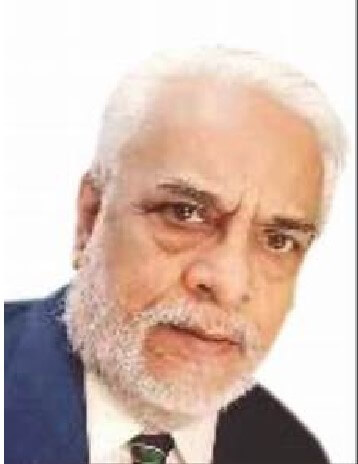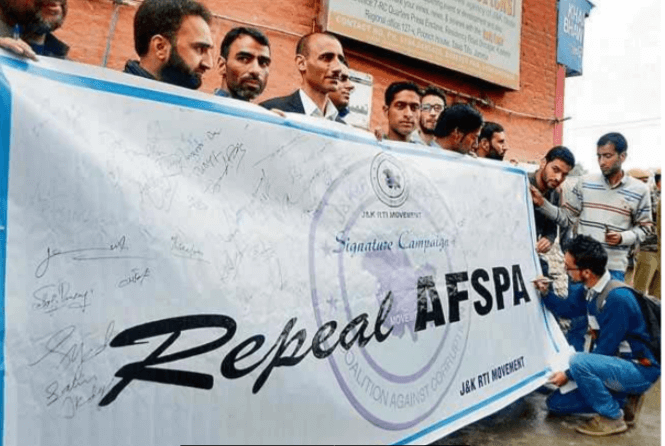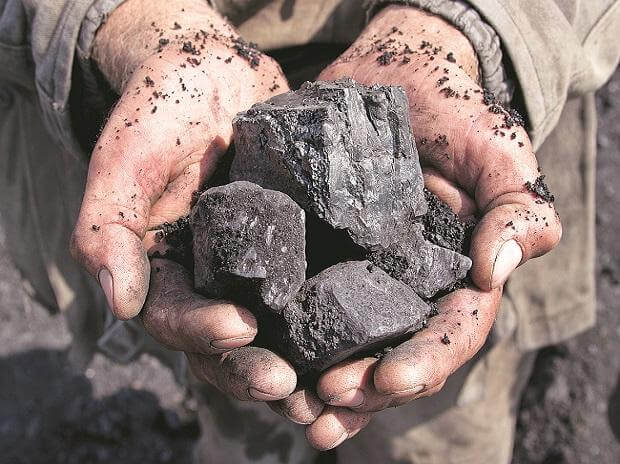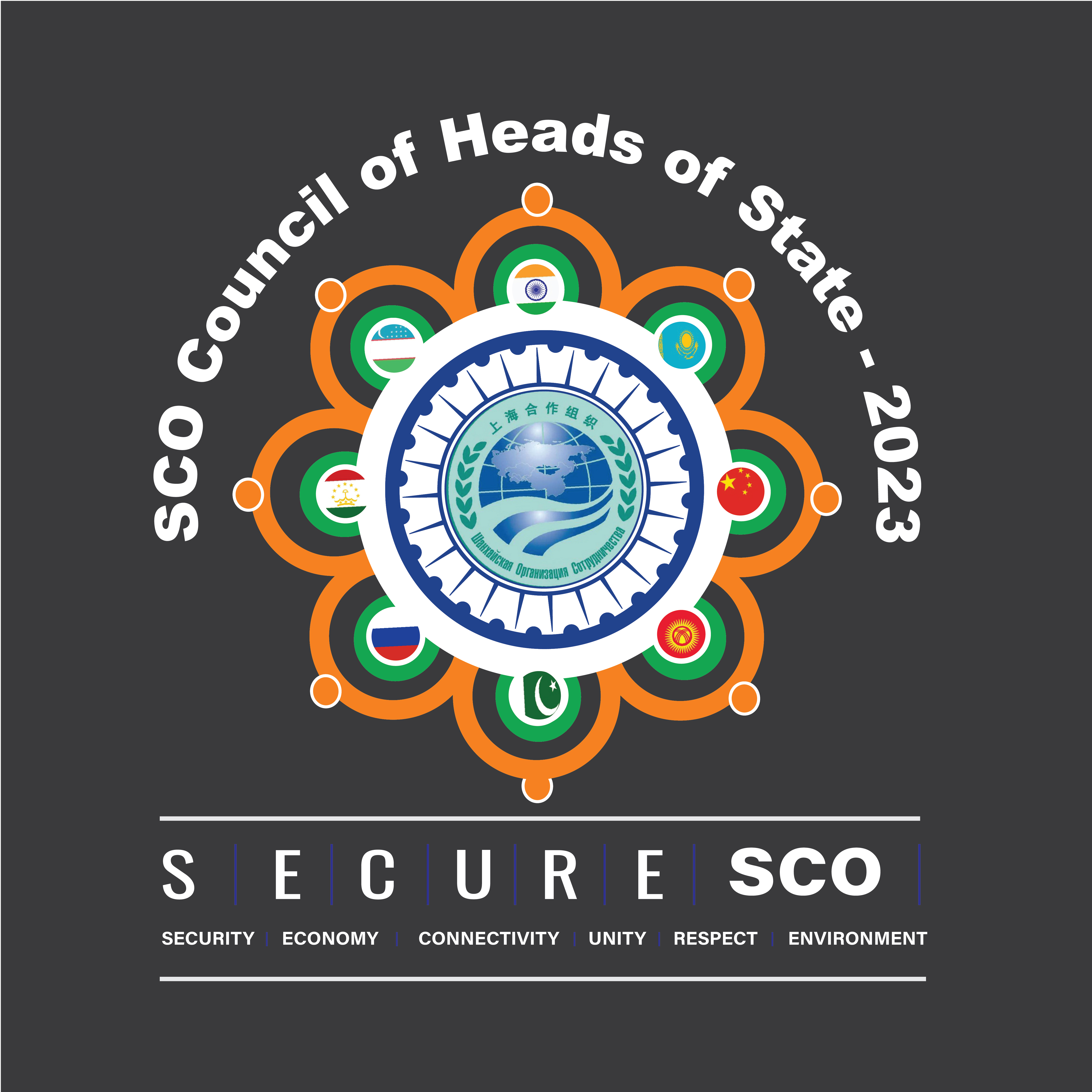World in Transition: A Road Map for India

Prof. Gautam Sen
Distinguished FellowViolence, Conflict, War and Peace are constructed phenomena which are ensconced in the cultural and civilizational praxes of nation state, in recent years. Their eradication or creation or occurrences cannot be solved by the use of technology alone. In essence there are no technological solutions to war or usherance of peace in absolute terms. The genesis of the “World in Transition" began in the post 1945 with the first use of the nuclear weapon against civilian population and not necessarily against the Japanese Army. Following the end of WW-II, the world was completely polarised and was dominated by the two superpowers with massive overkill capability of the nuclear weapons amassed by the US and the former Soviet Union. Much of the Arms Race between the former Soviet Union lead Warsaw Pact countries and US led NATO conglomerates can be seen arising out of the Marxist Leninist theory perpetuated by Stalin that war was inevitable between the proletariats and the capitalists, in theory possible, and in practise winnable. This entailed that the proletariats with superior motivation, armed with nuclear weapons and capability in the name of promoting “Socialism in one country” as envisaged by Stalin in the 1930, could dominate the “Capitalist” West. Hence, India and China being two ancient civilizations states and they continue to remain so, entails that both must look towards each other not merely in terms of Competition, in a positive way
In the twenty-first century nothing is more applicable to the study of war than what has been stated by an American General that “Over the last 40 years, the world has gradually entered into a post-Clausewitzian state where the wars are undeclared, the battlefields can be anywhere, the uniforms are optional, and the combatants as well as the targets are often ‘civilian’. Conventional militaries have repeatedly attempted to utilise technology to meet the new challenges posed, but even the most advanced technology has provided little more than meaningless short-term victories rendered futile in months, if not weeks” Therefore the concept and definition to understand War and Peace in a “World in Transition” becomes essential.
Throughout the history of over five thousand years, waging of war for transformation of society, forms of governance, nuancing of ideologies to provide justification of waging of wars at all levels have failed to achieve supremacy by the mass application of force for achieving, social, political, and economic goals. K P S Menon when he visited Gen Douglas Mac Arthur in Japan and asked the General if he had read Gandhi, his reply was that “Any mass application of force on contentious issues has a germ of self-destruction imbibed in it and Gandhi knew it far ahead of his time”. It was prophetic in terms of the happenings in the post WWII and is valid even today.
As we see the unfolding of the Ukrainian war over the past 16 months with no victory coming in the way of Russia or Ukraine, it is because the cultural and civilizational praxes have been undermined by the Russians as well as the rest of the world’s powers who have supported Ukraine. Now the US has decided to supply Ukraine with F-16 aircrafts and the first glimpse of the Ukrainian striking with drones inside Russia and against Russian ships in the black Sea have taken place. Russia under Putin has made the same mistake that the US did under President Johnson in Vietnam i.e. mass application of force in Vietnam and wage a war against Communism. Years later McNamara after the US withdrew from Vietnam and McNamara headed the World Bank in an interview stated that “We went into Vietnam thinking that we were going to fight Communism, I realised that we were fighting against nationalism and hence we did not have any chance of winning at all”. Putin is fighting against Ukrainian nationalism aided by war supplies by the NATO alliance system and even other powers sympathetic to Ukraine. In the ongoing BRICS Summit 23 started on 22 August, it has in its plenary session observed the necessity to support Ukraine for its fight against Russia, and the need to resolve the Ukrainian crisis by peaceful negotiations. The dice is heavily loaded against the Russian invasion of Ukraine to such an extent that Putin decided not to attend the BRICS Summit but address the Summit virtually. To crown the issues related to peace are the latest fault lines that have appeared in the Indo Canadian relationship precipitated by the Pro-Khalistan movement in Canada in the post G-20 proceedings in India.
While the attempt by Russia to show her supremacy in the field of space technology by attempting the landing of a probe on the South Pole region of the Moon nearly 47 years after landing its first probe on the Moon failed, the Indian landed its probe in the same region a few days later on 23 August 2023. This has definitely shown a loss of credibility in the application of Technology for political as well as strategic purposes by Russia.
From the above, we need to understand the transactional nature of the world in transition in the 21st Century ensconced in the dynamics of international political economy and paradoxically with no view as yet of any transformation in the nature of man in a Hobssonian sense of remaining eternally as “a man in a state of nature”, prone to be violent, ambition to subjugate fellow human being and aspiring to eternally to perpetuate terror and injustice. As an abstraction, if one could capsize the entire history of the evolution of man into 24 hours, then man appears in the scene in the last few seconds of those twenty four hours and within those few seconds man has become the greatest threat to man himself.
The 21 st Century has been dubbed as the “century of the mind” and it is hoped that it will be a century of “transformations” in a World in Transition. It is in this context, War and Peace when juxtaposed first during the Cold War period ended with the Balkanisation of the former Soviet Union and evolution of the information age and second, events in the first two decades of the 21 st Century has witnessed unprecedented flux in the world affairs, incorporation of technology to provide the change in the very character of war in the cyber domain and now the element of quantum in every domain of warfare from tactical to the strategic. This is what the scholars have portrayed as the notion of post-industrial society.
Attempts have been made to correlate war through postmodern paradigms hoping that it will provide an answer to present day conflict and war. It is in this context one has to underline the nature of nuclear warfare viz a viz the post-modernist warfare which necessarily has to include the securitisation of the non-military dimensions of security. First this aspect has often been ignored by the epistemology of security studies. The answer will lead us to determine whether we are heading for a perpetual war or heading towards some form of perpetual peace. The second question that needs to be answered is, whether the international institutions have played their defined roles. The third issue that needs to be pondered over is whether the global community is resilient enough to ensure a “cold peace” which means creating nuclear deterrence and securitising the non-military dimensions of security related to ecology, environment pollution, energy, the rights of the unborn, the international political economy and global commons. It is hoped that future analysis of the above factors will provide the answers to the questions related to the future of war and the role of the comity of nation states. The failure to factor in all the above in order to usher in global peace and tranquillity has made the global community fragile in a world in transition. Therefore, India particularly must take cognisance of its own vulnerability.
What then is the way forward for India to bridge the gap between the realm of ideas and the domain of public policy making to ensure peace and tranquillity in the global arena where an assertive China, declining US power and an ambitious Russia to return to its old grandeur of pre Balkanisation of the Soviet era. Though India has shown tremendous resilience since 1992, to emerge as the second fastest growing economy in the world despite many hurdles created at times by her internal instability, facing the pandemic and not to mention her volatile neighbourhood. However, the most challenging factor for India has been her lack of establishing a consensus on strategic culture because the nation is devoid of a dynamic Strategic Community which needs to be the product of an integrated talent from all sections of the Indian society, representing the cumulative intellect and the participation by the younger generation of social scientists, legal experts, the technocrats, entrepreneurs and the members of the institutes of higher education. This lack of such an integration has made India’s policy making to be reactive to any crisis rather than to take measures to be pre-emptive. The superannuated re-employed manpower who are well beyond their productive age and are often employed to influence strategic thinking and organisational management has become a major obstacle to dynamic thinking, by depriving the younger generation of “thought leaders” to emerge and grow. This is the lot who have the required capability to think out of the box solutions, capable of taking risks to be pre-emptive and not merely be reactive to a situation strategic or otherwise to achieve strategic autonomy. Hence there is a need to ensure a balance where experience with judgement becomes coterminous with the sphere of achieving strategic autonomy.
To achieve Strategic Autonomy, India needs to enhance its strategic competitiveness vis-à-vis China and other authoritarian powers. In that regard, India has to recalibrate military modernization to revitalise India’s defence policy when dealing with major power competitors. Domestic economy which is dependent on developing the areas critical to national interest after the pandemic entails the necessity to create a fresh approach towards technological innovations and strategic thinking. India needs to enforce a policy of invigorating the educational system to produce appropriate trained manpower to relevant government agencies and departments to take on the challenges of the 21 st Century.
The issues of borders between have to be approached in a way as it existed in the ancient past by accepting the polemics of “frontiers” which will allow strengthen cultural and societal ties on both sides as they existed in the past, facilitate trade and movement of local inhabitants across the present notion of borders, and reinstate the age old grazing freedom by the grazers on both sides of frontiers between India and China. This will create an amicable buffer zone to reduce the possibilities of armed clashes or skirmishes between the Armies of India and China that has plagued both the counties in the last 75 years.
India has to lead the way to increasing the free world’s resilience against pressure and shocks from authoritarian states, protecting the values of democracy and imposing the rule of law on illiberal states. By coordinating enhancement on technology partnership policy, furthering cooperation on transnational challenges such as climate change and global public health and assisting in developing capabilities to shape the “rules based” international order, India will gain much. As a realist India must recalibrate the Indo-US strategic partnership, strengthen India Russia defence co-operation for workable partnerships in the Indo-Pacific region and strengthen ties with Taiwan which at the moment seems to be reluctant to invest in India. We should find a way to keep Taiwan in a collaborating mode with India on the way to become a major strategic plus point. Needless to indicate that reform in the defence spending target for India has to be enhanced to compete with China. Lastly India has to identify the type of strategic competition that she wants to engage in in the coming decade to address the challenges emanating out of a world in transition in the 21 st Century.
An acclaimed expert on strategic issues and national security Prof. Sen is currently associated with several educational institutions and think tanks.






